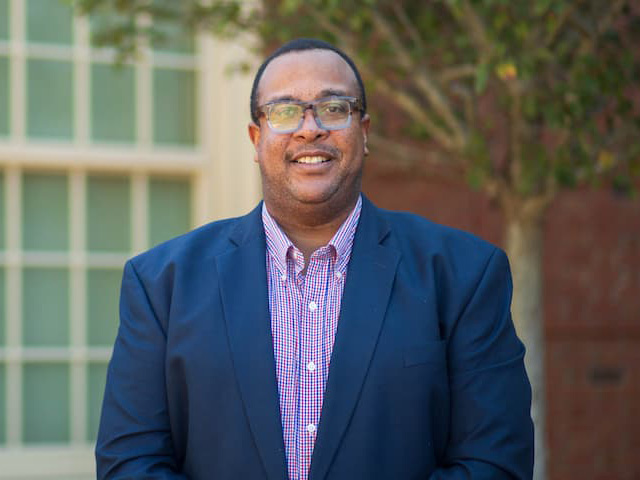
Thirteen years ago, an explosion caused America's biggest oil spill in the Gulf of Mexico. More than 130 million gallons of oil polluted the Gulf from Texas to Florida, forever changing ecosystems and landscapes along bayous and beaches. Even after spending billions of dollars to repair the damage and creating a federal agency for offshore drilling safety, it remains a hub for oil extraction.
Just last spring, President Joe Biden opened 73.3 million acres of federal waters in the Gulf for oil and gas lease bidding despite criticism from environmental groups. According to a recent National Academy of Science study, contractors fail to integrate safety into their everyday work to prevent accidents. And with a court case making it difficult for federal inspectors to hold contractors accountable, the Gulf remains at risk for further pollution.
Still, agencies continue to do all they can to protect the Gulf and its wildlife, including the Gulf of Mexico Fishery Management Council (GSFMC). In July 2023, the board of directors, consisting of two representatives from each state bordering the Gulf, appointed Anthony Overton, chair of Samford University’s Department of Biological and Environmental Sciences and director of the Environmental Health, Policy and Management graduate program, to fill a seat. Approved by Gov. Kay Ivey and finalized by Secretary of Commerce Gina Raimondo, Overton will serve a three-year term.
"I am incredibly honored to serve on the Gulf of Mexico Fishery Management Council," Overton said. "This is a very prestigious appointment. I find solving fisheries management problems very rewarding."
Overton's expertise in fisheries management is why several of his colleagues in the natural resource management field presented his name to the commission for consideration. In addition to teaching students at Samford, Overton has served on the scientific advisory committee for the Atlantic States Marine Fisheries Commission, which manages fish stocks in the Atlantic Ocean. Also, his research interests center around fisheries management, and he has worked with numerous state, federal and nonprofit agencies to address their fish management concerns.
"During my tenure on the commission, I plan to use my scientific background to bring together various fisheries interest groups in the Gulf of Mexico to better manage our fisheries resources," Overton said.
The GSFMC was established by Congress in 1949 as a collaborative effort among the five Gulf States. Its primary mission is to promote sustainable and responsible utilization of fisheries. The Council also protects and prevents overfishing to preserve populations for future generations.
Overton said, "I will work directly with the other 14 commissioners and several other commission subcommittees. Our commission discusses various problems and programs within marine management, industry and research. We are also developing policies to address these issues for the betterment of all."
